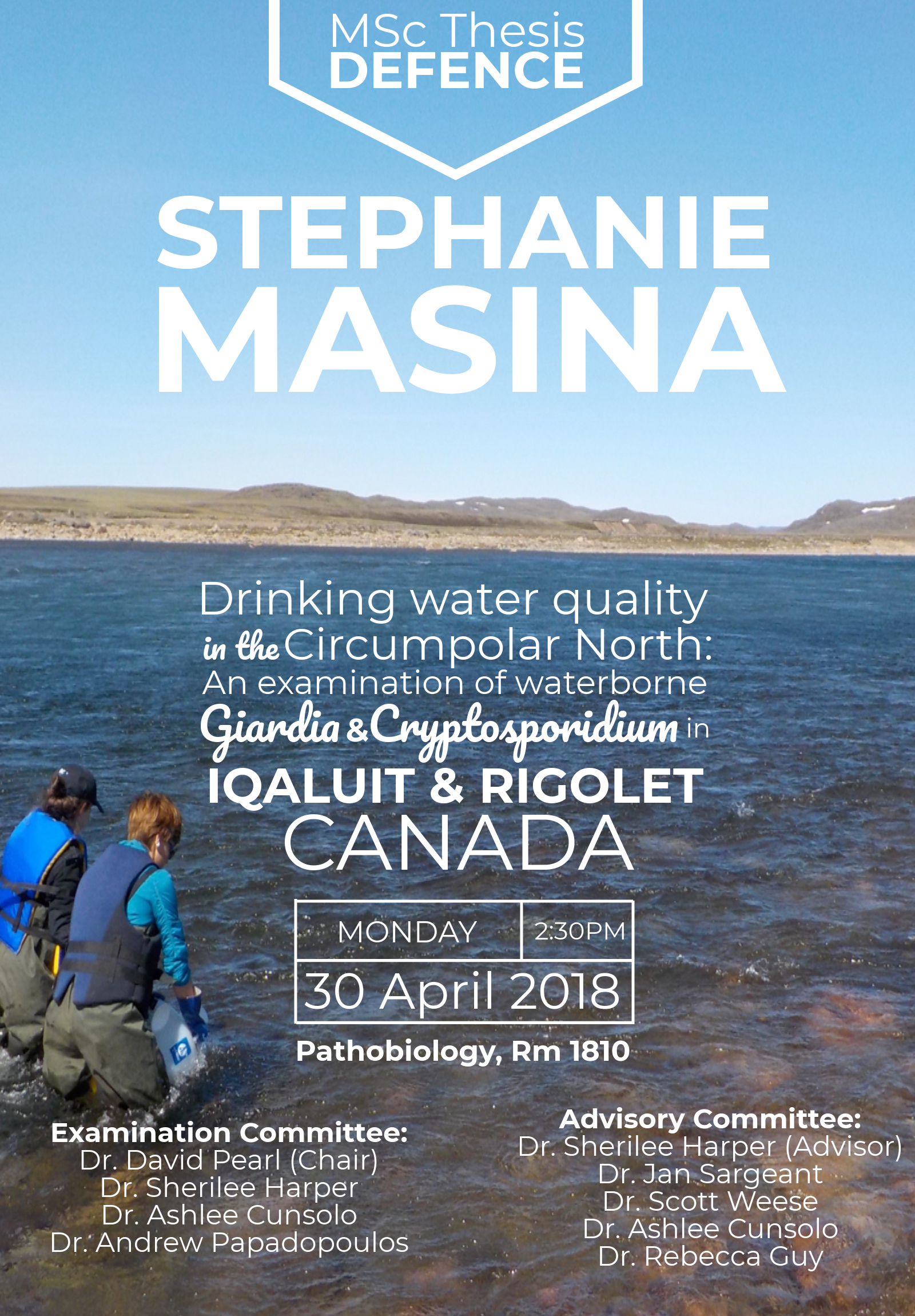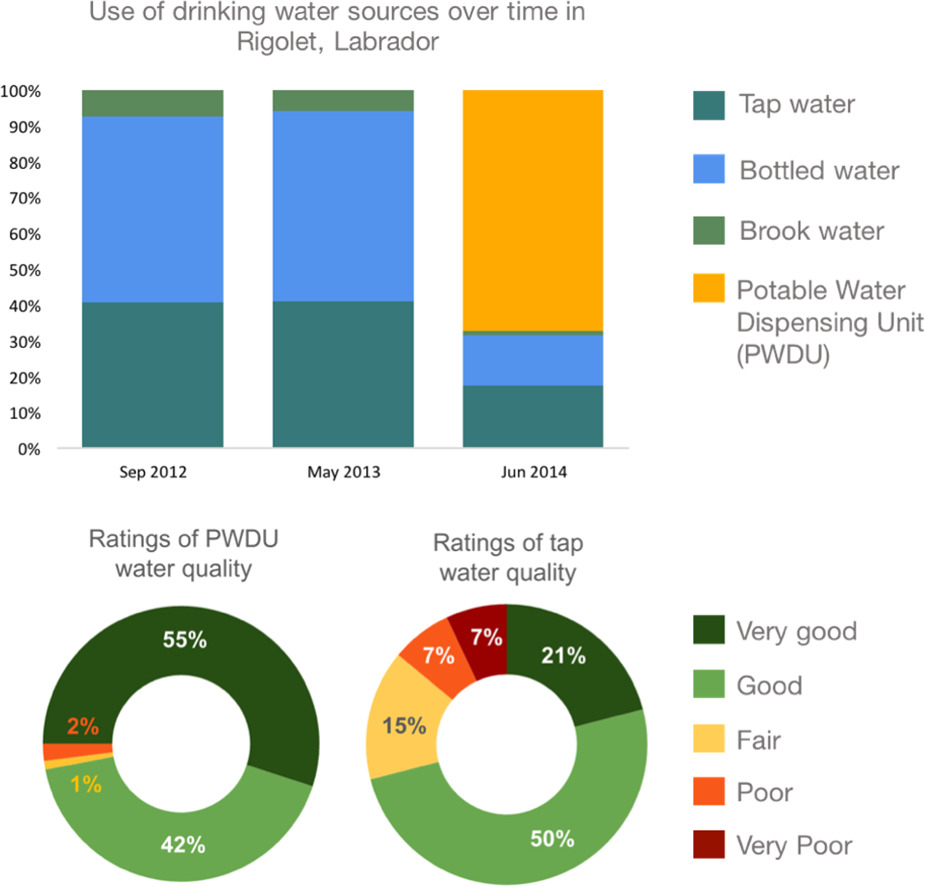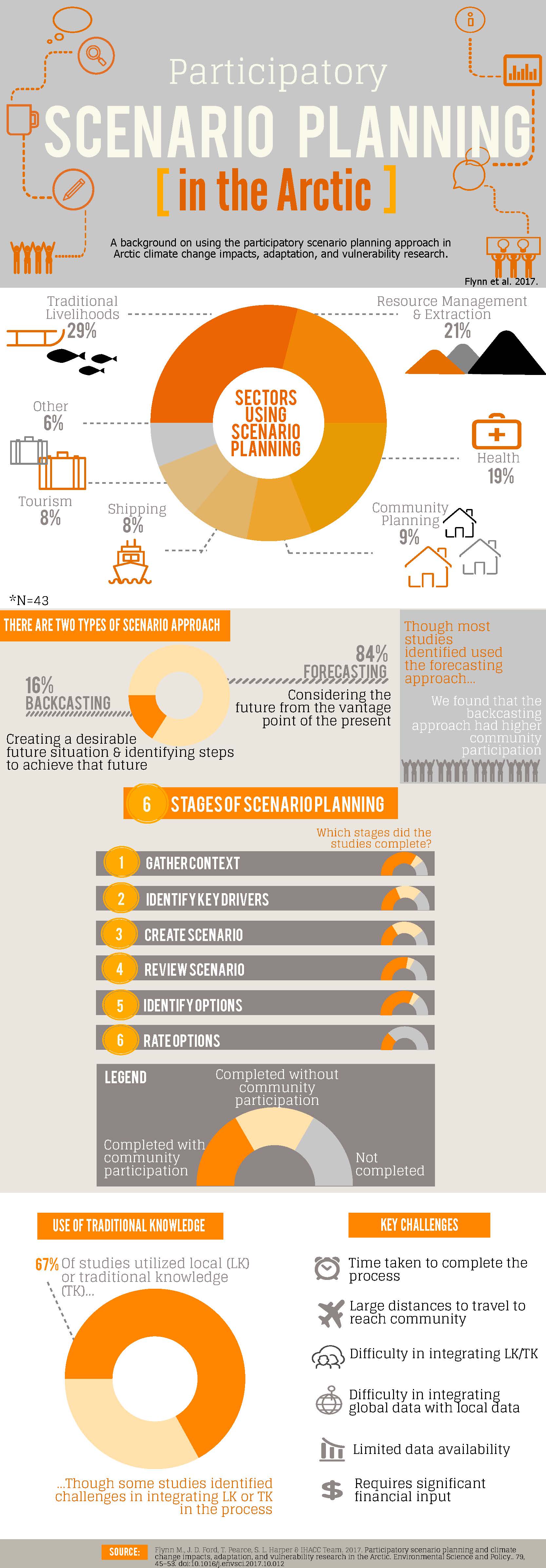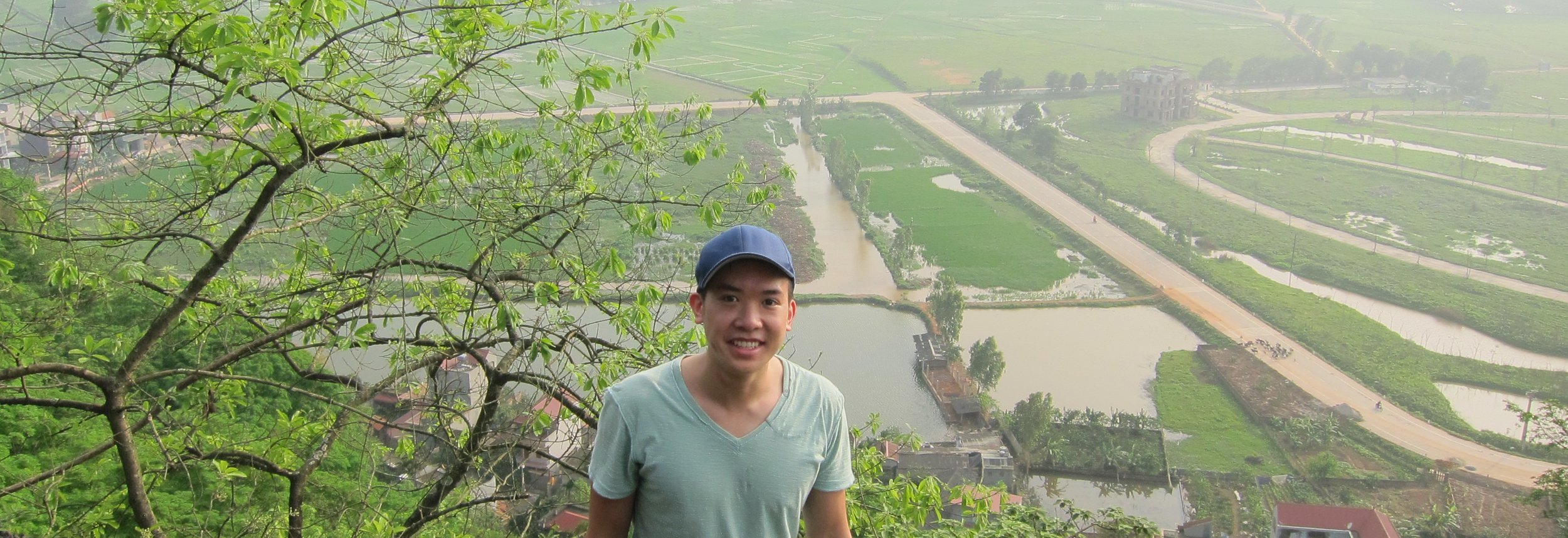Congratulations to Aleksandra, member of James Ford's Climate Change Adaptation Research Group, for her new publication in Climate Policy. In her article, Aleksandra documents and examines adaptation projects targeting food systems financed through funding bodies of the United Nations Framework Convention on Climate Change (UNFCCC). Based on her results, Aleksandra recommends that projects should assess the entire food system to ensure future food security.
Citation:
Conevska, A., Ford, J., Lesnikowski, A. and Harper, S.L., 2018. Adaptation financing for projects focused on food systems through the UNFCCC. Climate Policy, https://doi.org/10.1080/14693062.2018.1466682
Abstract:
Investments in adaptation are required to reduce vulnerability and strengthen the resilience of food systems to the impacts of climate change. For low-income nations, international financing plays a central role in supporting adaptation. In this article, we document and examine adaptation projects targeting food systems financed through funding bodies of the United Nations Framework Convention on Climate Change (UNFCCC). We find that between 2004 and 2015, 3% (n = 96) of adaptation projects supported through the UNFCCC explicitly focused on the production, processing, distribution, preparation and/or consumption of food, with US$546 m mobilized through funding bodies directly and US$1.44bn through co-financing. Agriculture is the most common sector supported, with extreme weather events the primary climate change-related impact motivating nations to apply for adaptation financing. The majority of actions are documented to adapt the food production component of food systems, with limited focus within projects on the full range of food system vulnerability and the implications on food security.
Key policy insights:
-
Enhanced international adaptation financing targeting food systems is needed, and in particular financing to address limited adaptation readiness
-
Supported food system projects should include holistic assessments of the entire food system in order to prioritize sector and food system component issue areas for short- and long-term efficiency
-
To better analyse food system linkages and aid in the prioritization of adaptation activities, adaptation-directed funds should consider placing a higher emphasis on a cross-sectoral approach within projects
-
Linkages between official development assistance and adaptation-directed funds could help optimize financing for food systems and mainstream food system adaptation efforts
https://twitter.com/Climate_Policy/status/996301700569985024








 Congratulations to
Congratulations to 


